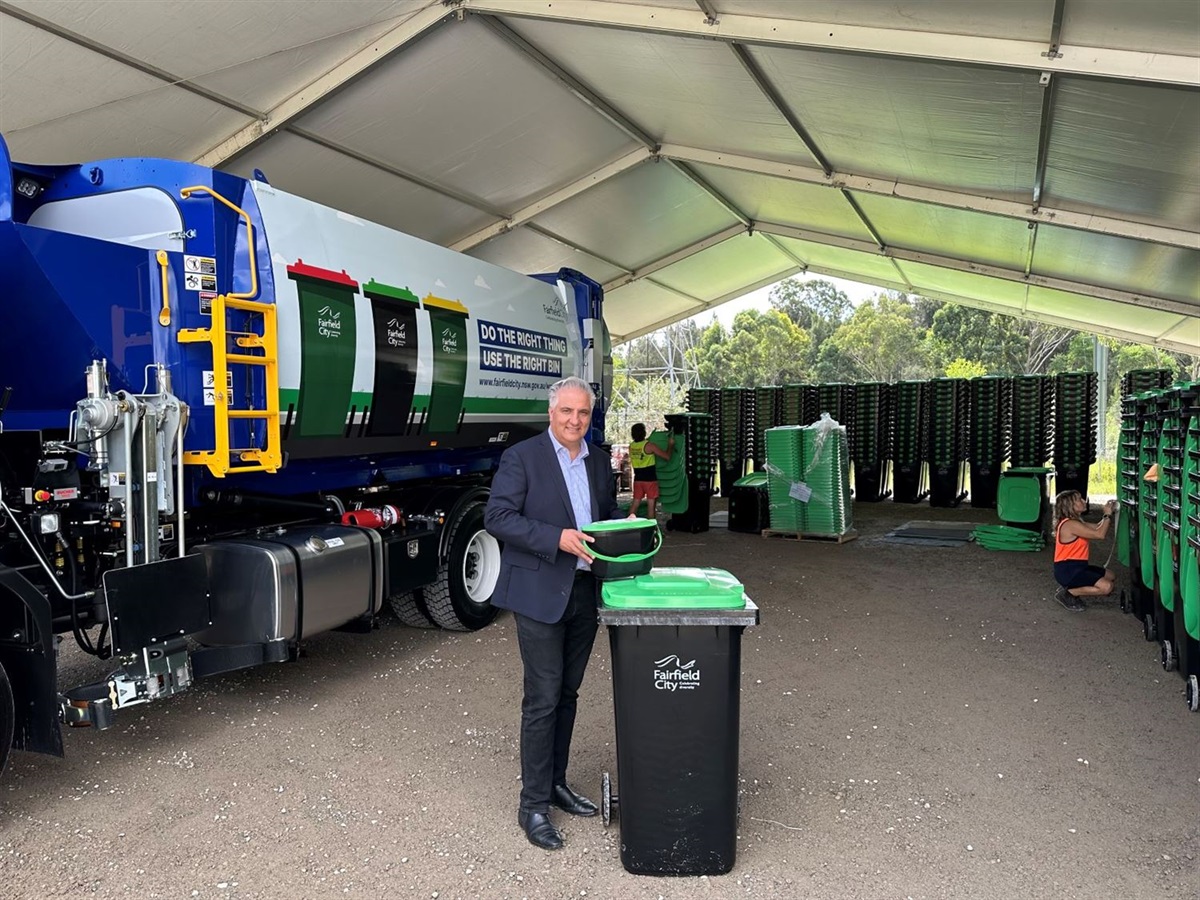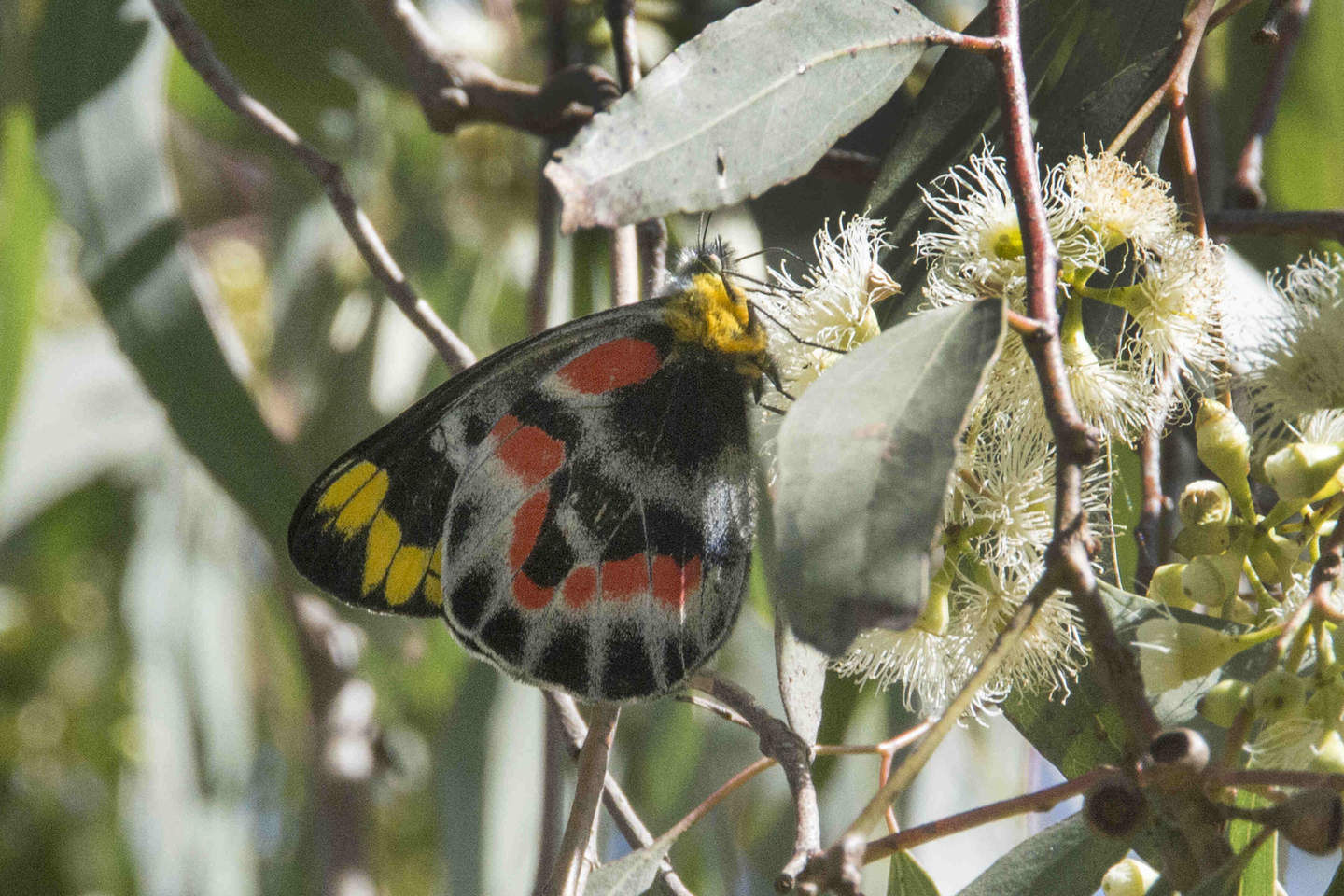Beyond Blue is proud to mark National Reconciliation Week, which runs from 27 May to 3 June.
National Reconciliation Week is a time to learn about our shared histories, cultures, and achievements and how we can contribute to reconciliation, healing and greater wellbeing across Australia.
The week coincides with two significant milestones in Australia’s reconciliation history – the successful 1967 referendum, and the High Court Mabo decision.
While a lot has been achieved in moving towards reconciliation, Aboriginal and Torres Strait Islander communities still experience significant challenges to their mental health.
Australian Bureau of Statistics data shows the suicide rate among Indigenous Australians is more than double the suicide rate in non-Indigenous communities.
Aboriginal and Torres Strait Islander people are also three times as likely to report high or very high levels of psychological distress compared with non-Indigenous people.
Beyond Blue CEO Georgie Harman said National Reconciliation Week provided an opportunity to prioritise the social and emotional wellbeing of Aboriginal and Torres Strait Islander people.
“Indigenous communities face significant risk factors that affect their social and emotional wellbeing, such as separation from culture, the inter-generational impacts of the Stolen Generations and removal of children, racial or cultural discrimination, and economic disadvantage,” Ms Harman said.
“This year’s National Reconciliation Week theme – Grounded in Truth: Walk Together With Courage – encourages us all to acknowledge the past and take united steps towards harmony with Indigenous communities.
“By understanding what affects the social and emotional wellbeing of Aboriginal and Torres Strait Islander people, we can enhance the healing process.”
Kungarakan and Yanyula man and Beyond Blue Board Director Professor Steven Larkin said Indigenous people’s connections to land, culture, spirituality and ancestry were cultural strengths to be celebrated as a fundamental part of the Australian national identity.
“These factors can support Aboriginal and Torres Strait Islander people in building strength and resilience, which is an important part of the reconciliation journey,” Professor Larkin said.
“National Reconciliation Week is a time to share and better understand knowledge about culture, history and achievements and recognise how we all can contribute to reconciliation.
“In taking these steps, we can help minimise the risk factors of psychological distress among Indigenous people.”
The free Beyond Now suicide safety planning app has been enhanced with the help of Aboriginal and Torres Strait Islander people to make it more culturally appropriate. It is available at the Apple Store or Google Play.
Australian Indigenous HealthInfoNet provides information on social and emotional wellbeing and Aboriginal and Torres Strait Islander Health Workers via their website at www.healthinfonet.ecu.edu.au
Mental health professionals are available on the Beyond Blue Support Service via phone 24/7 on 1300 22 4636 or via www.beyondblue.org.au/get-support for online chat (3PM – 12AM AEST) or email responses within 24 hours.







